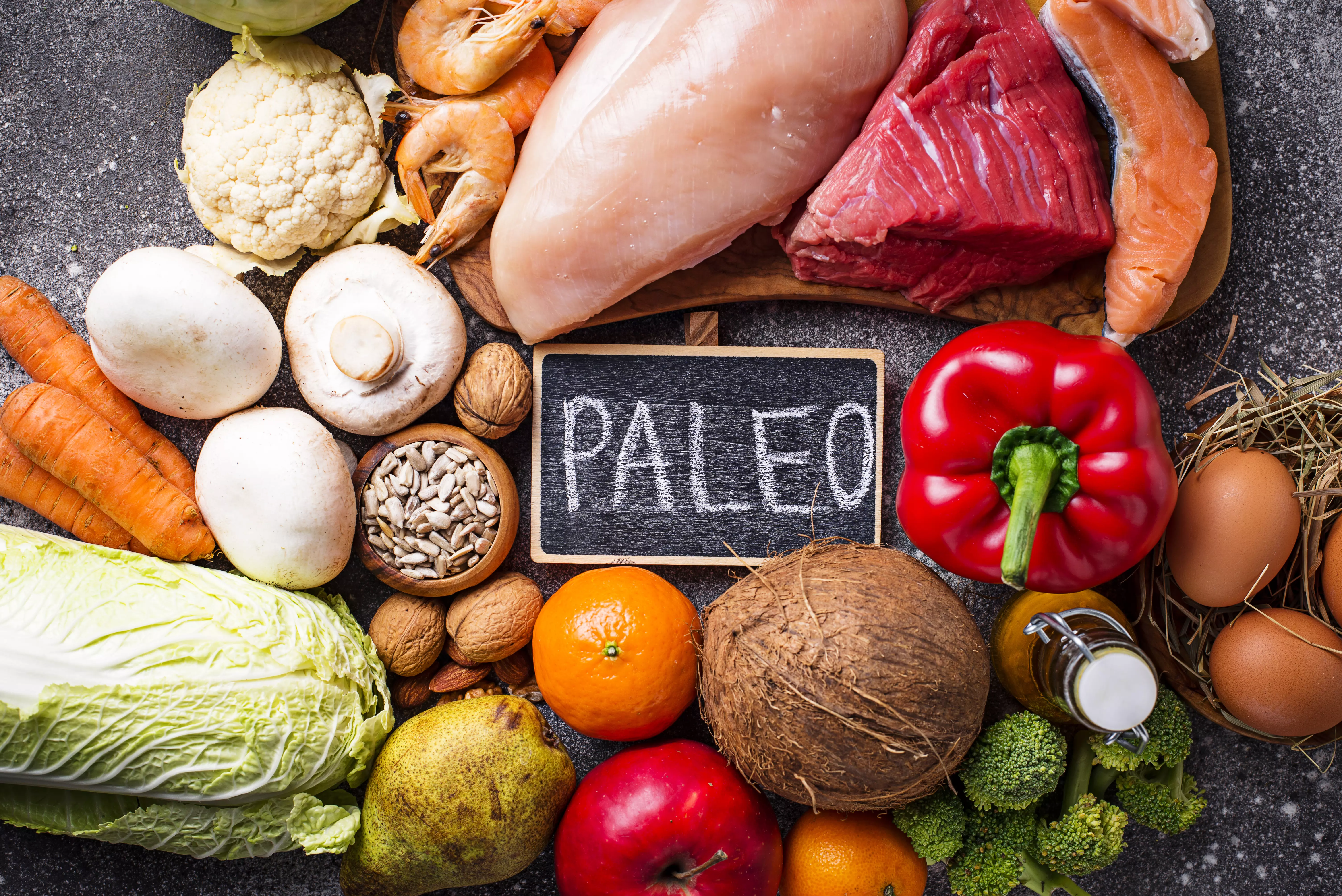Impact of dietetics on the prevention and control of epilepsy
The impact of dietetics on the prevention and control of epilepsy
Epilepsy is a chronic neurological disease characterized by recurrent epileptic seizures. Although there are many anti-epileptic drugs, diet can also have an impact on the prevention and control of this disease.
Theketogenic diet is commonly used to treat epilepsy. This high-fat, low-carbohydrate diet can help reduce the frequency of epileptic seizures in some patients.
The ketogenic diet is high in fats, such as coconut oil, butter and olive oil. It is also limited in carbohydrates, which means avoiding grain products, fruits and sugars.
Sample meals on a ketogenic diet might include eggs with bacon and avocado for breakfast, a tuna salad containing lots of olive oil for lunch and a roasted chicken breast with vegetables for dinner. 
The paleo diet can also have a beneficial effect on epilepsy control. This diet is based on the diet of our Paleolithic ancestors, eliminating artificial ingredients, sugars and processed foods.
The paleo diet focuses on proteins, vegetables, fruits, nuts and seeds, avoiding dairy products, grains and sugars.
Paleo meals might include eggs with vegetables for breakfast, salad with chicken and nuts for lunch, and baked salmon with vegetables for dinner.
A low-glycemic diet is another diet that can help control epilepsy. This diet focuses on avoiding foods with a high glycemic index, which raise blood sugar levels.
Low-glycemic ingredients include vegetables, whole-grain cereal products, protein and healthy fats. Avoid foods rich in sugars, white bread, rice, potatoes and sweet drinks.
Eating on a low-glycemic diet can include oatmeal with berries for breakfast, salad with grilled chicken and vegetables for lunch, and roast turkey with roasted vegetables for dinner.
Adiet rich in antioxidants can also have an impact on the prevention and control of epilepsy. Antioxidants help combat oxidative stress, which is associated with epileptic seizures.
Pumpkin seeds, berries, avocados, kale, nuts and cocoa are rich in antioxidants. They can be added to everyday meals such as smoothies, salads and oatmeal.
However, it is worth remembering that each diet should be tailored to the individual needs and capabilities of the patient. Consultation with a nutritionist or doctor is always recommended before starting any diet.
Summary
Diet can make a difference in the prevention and control of epilepsy. Diets such as ketogenic, paleo, low-glycemic and antioxidant-rich diets can help reduce the frequency of epileptic seizures in some patients. However, each diet should be tailored to the individual patient's needs and abilities, so it is important to consult a nutritionist or doctor before starting any diet.
A healthy diet can be one of many aspects leading to improved health and well-being for people with epilepsy. Combined with drug treatment and regular medical care, diet can be an important element in controlling this neurological disease.
